ENERGY
Efficient energy use and the use of renewable energy are essential to help us deal with climate change.
Energy efficiency in key role
Sitra’s energy programme was active from 2008 to 2012.
Better use of energy is key to combating climate change. If Finland is to achieve its objectives on greenhouse gas emissions, individuals, businesses, decision makers and the public sector must all face up to major challenges. Everyone on every level must be encouraged to actively make choices in their daily lives. For this we need innovations, good examples, incentives and legislation. Meeting these challenges successfully will also create new business opportunities and enhance well-being.
Communities use as much energy as the industrial sector. So an energy revolution is already underway in the building industry, which is moving towards almost zero-energy construction. This sustainable construction will have a far-reaching impact on the development of communities. Sitra promotes the more efficient use of energy in the built environment and reductions in greenhouse gas emissions.
Energy production diversified
How energy is produced affects greenhouse gas emissions. So, energy production will be diversified, and the share of renewable energy will increase significantly. Communities, buildings and their residents will play a role in the production of local renewable energy. Solar power, geothermal energy and local bioenergy solutions will supplement district heating and cooling production. And with these new decentralised solutions come more business opportunities for Finland.
For example, Sitra has been involved in the development of a streamlined district heating system, heat pump testing and the use of solar energy in construction, and helped boost the renewable energy business through investments.
Lifestyle is the key
If Finland is to reduce its greenhouse gas emissions, people must accept and make lifestyle changes. Each and every one of us can make a difference through daily choices – the choices we make when buying or building a home, travelling, choosing which foods and consumer goods to buy and using energy.
But these choices will contribute to changes in the market, and making people more aware of how much they are using and what it is costing will lead to better choices. The Peloton project for example – launched by Sitra and Demos – has identified gatekeeper groups which may, through the services they provide, help people make energy efficient choices. Lunch canteens, hardware store assistants and property managers can all influence sensible changes.
Climate change can be mitigated
We Finns have committed to do our bit to combat climate change by committing to reduce our greenhouse gas emissions by 80 percent by 2050. Currently, the built environment and traffic account for more than half of the emissions.
One way to help is to include climate change mitigation efforts as guiding principles in large scale urban development. For example, in Tampere, the ECO2 project makes emission reductions an aspect of all municipal decision-making. The Mayors’ climate network also promotes changes in the six largest cities in Finland.
The significance of community development
The majority of Finns live in cities, towns and urban areas, so community development plays an increasingly important role in terms of energy use and greenhouse gas reductions.
Land use planning can help create a sustainable urban structure and reduce the need for travel, in turn reducing energy use and greenhouse gas emissions.
Sitra has demonstrated the opportunities and impact of urban planning in Skaftkärr, a project developing an energy efficient residential area for almost 6,000 people in Porvoo in Southern Finland.
Energy efficient construction
Building construction has entered a new era. In the near future, almost all new construction will be virtually zero-energy. In renovating the existing building stock, too, the focus is on energy efficiency.
Future buildings will also produce energy. Different production methods will be integrated in construction and building technology. Solar power and heat, geothermal and air source heat pumps as well as traditional heating stove and fireplace solutions will be developed further to complement local solutions.
A sustainable building uses little energy. Conservation of natural resources and material efficiency are also aspects of sustainable construction, which makes good building maintenance possible and helps reduce energy use during the building’s life cycle.
Together with its partners, Sitra implements projects which help demonstrate that necessary changes are possible and profitable. Such projects include the Jätkäsaari city block in Helsinki, which is based on sustainable construction, and Luukku, the first zero-energy building built in Finland. The Low2No project applies the opportunities of sustainable construction from energy efficiency to lifestyles and a renewal of urban living.
Investments accelerate development
Developers and property investors influence the property and construction markets through their investment decisions. Lower energy costs, a lower vacancy rate and a higher rent level drive sustainable investments. An energy-efficient, sustainable building with an advantageous location in terms of traffic is a safer investment.
Clean energy, decentralised energy solutions and new energy services have driven cleantech investments for ten years in the early 2000’s. Sitra invests in clean energy production and energy-efficient solutions. Investments in bioenergy harvesting technology, biogas production, wave power, smart networks, digital hydraulics, industrial modular housing production and heat pump technology have accelerated the development of the sector.
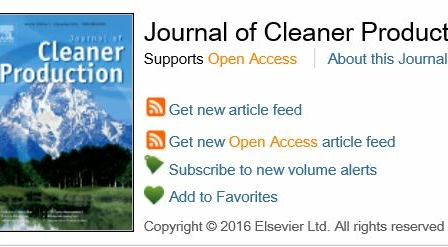
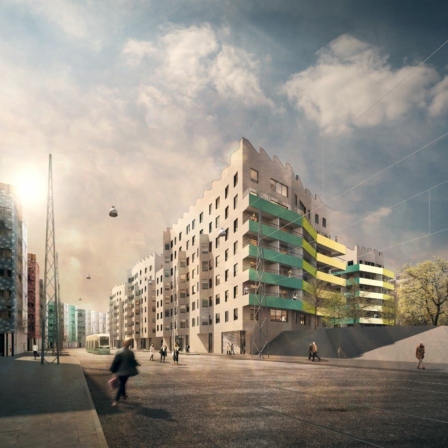

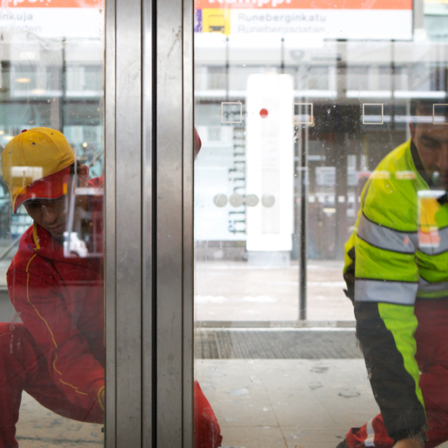












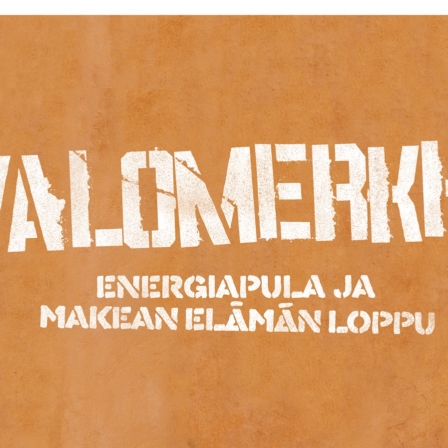


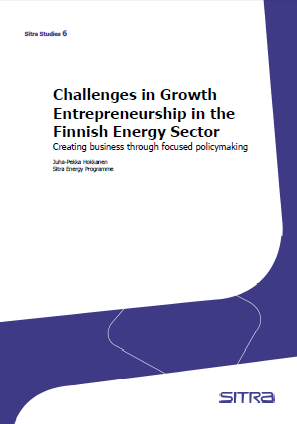

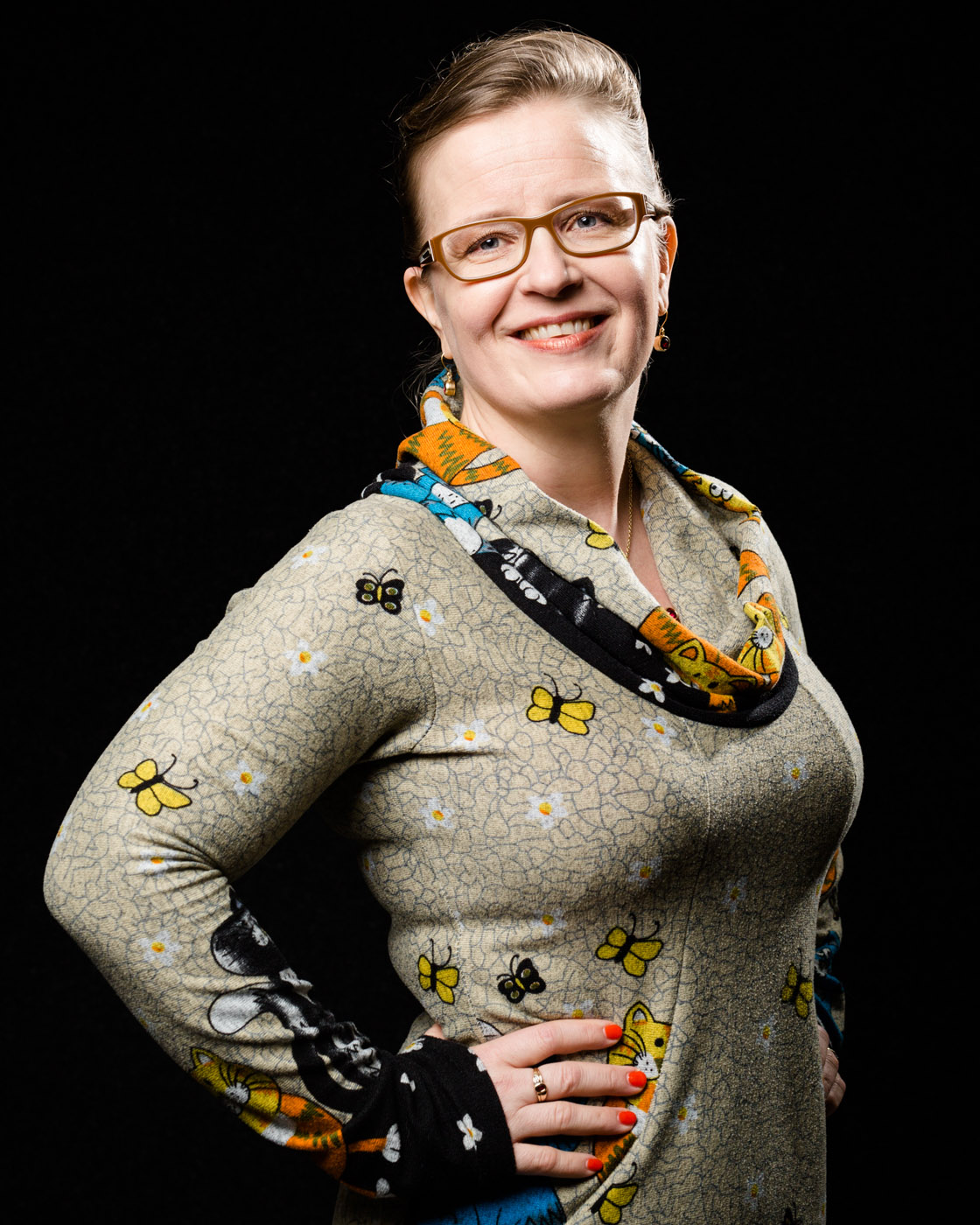

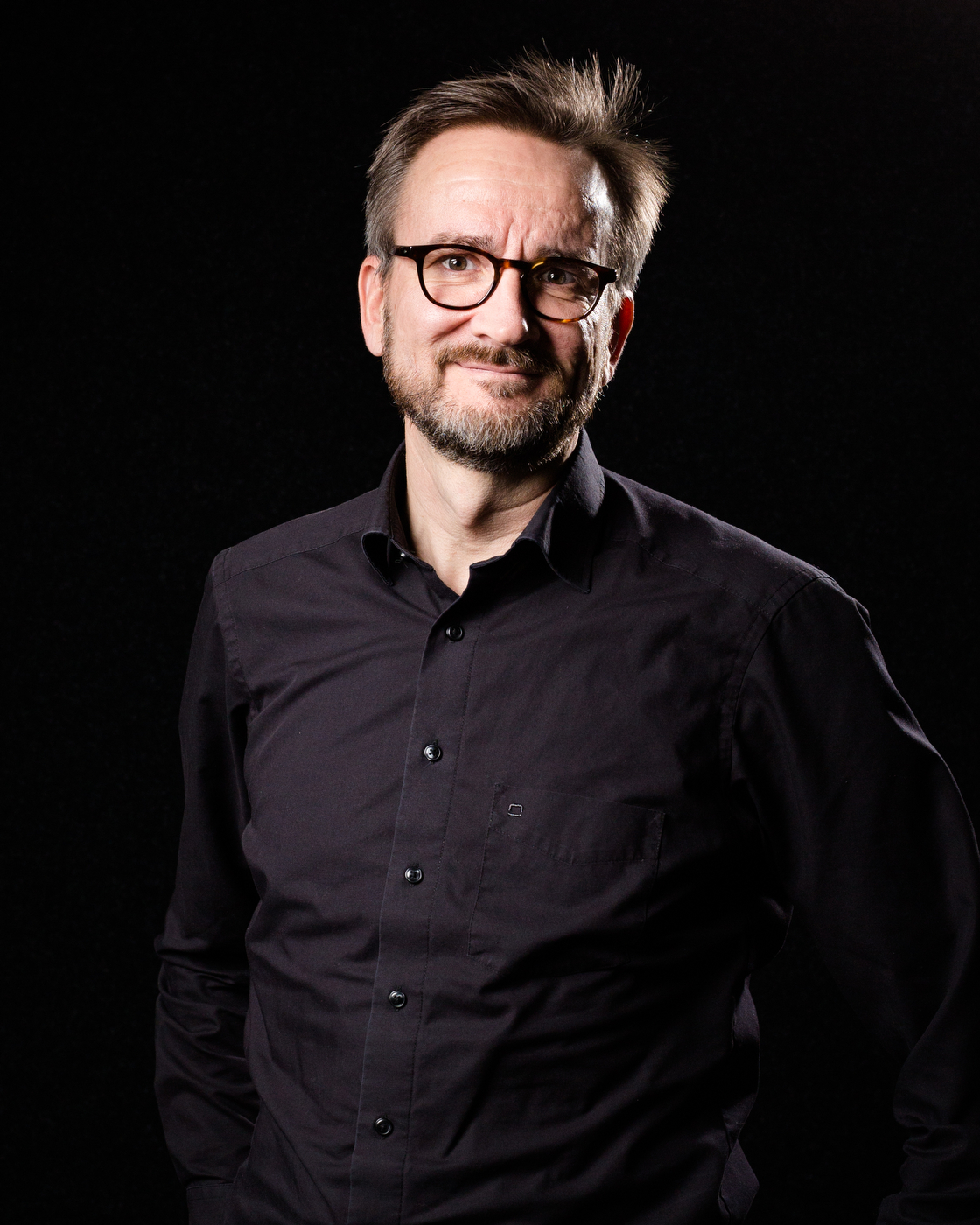

LATEST